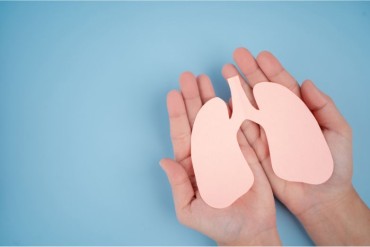Pharmac supports Trikafta being funded for eligible patients 6 years and older

Rare Disorders NZ is pleased to learn that Pharmac’s Pharmacology and Therapeutics Advisory Committee (PTAC) has recommended the life-saving drug Trikafta be funded for eligible people for the age groups 6 years and older and 12 years and older. PTAC had previously deferred a decision for those aged 6-11 years, but has now updated its recommendation after reviewing new evidence and information. This announcement will give hope to many families in the cystic fibrosis community that they are one step closer to accessing this life-saving treatment.
While it is disappointing that the PTAC only recommended a medium priority for Trikafta despite Pharmac’s Respiratory Advisory Committee giving it a high priority, the drug is on Pharmac’s Options for Investment list for both age groups and they are engaging in commercial negotiations with Vertex on a price.
In its Summary of Assessment, Pharmac states that it estimates Trikafta could give people with cystic fibrosis an additional 27 years of full health, improving not only the duration of their life, but also their quality of life. Pharmac also recognises that despite the high price tag of this treatment per person, “…funding Trikafta would reduce the spend on other medicines and other health sector costs, such as hospitalisations and lung transplants”, and they also appreciate that if Trikafta were funded, “this would make a significant financial difference to people with cystic fibrosis, their whānau and their communities”.
It is pleasing to see the transparency of the review process and decision-making from Pharmac, and in particular this step forward for Trikafta, however, there is still a way to go to see this drug and others for rare disorders funded and accessible to those who need them. Rare Disorders NZ looks forward to continue working with Pharmac on these issues to support improved health outcomes for those with rare disorders.
Trikafta is a treatment for the rare chronic condition cystic fibrosis, which currently affects around 500 New Zealanders.